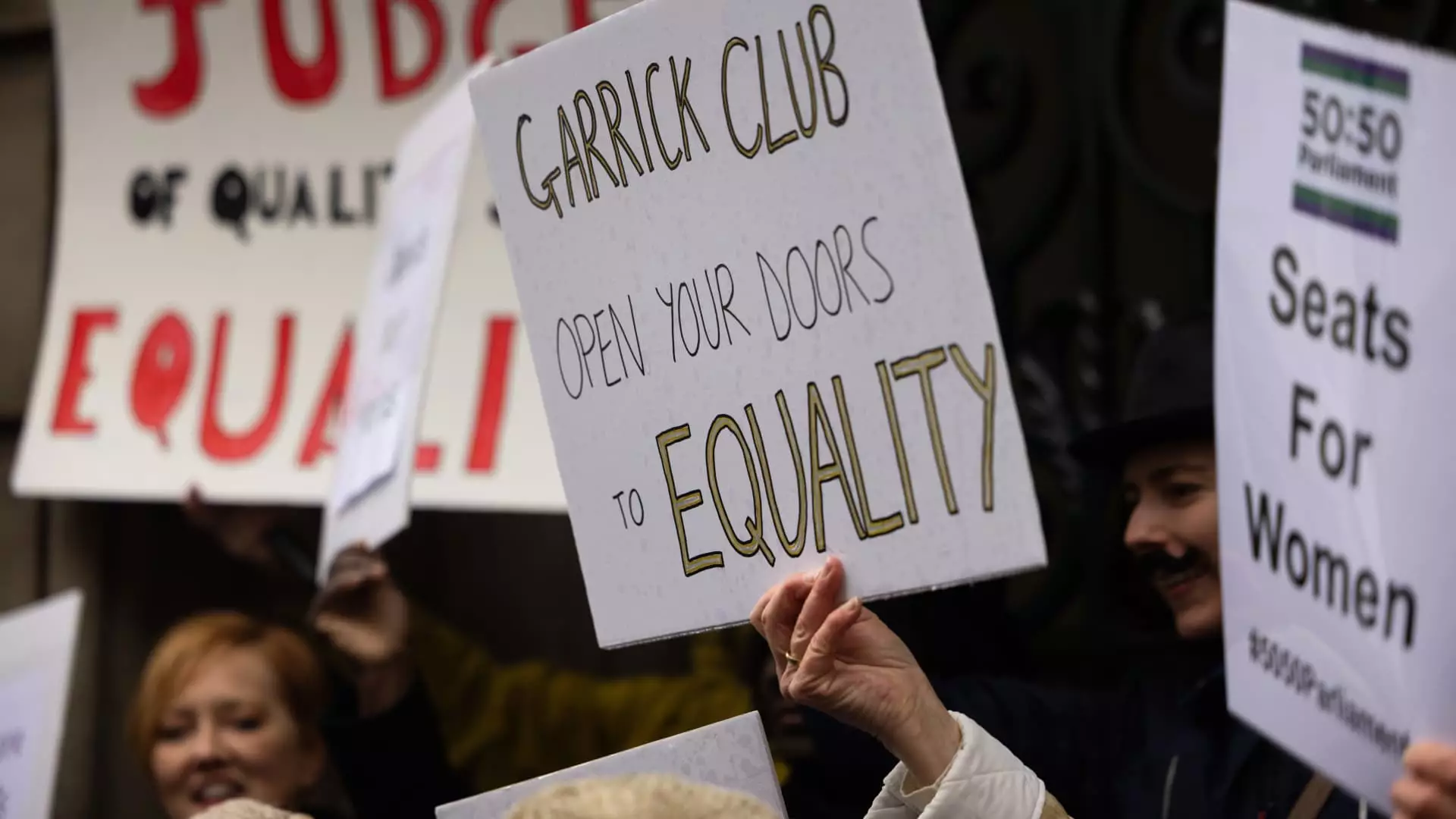The recent decision by the Garrick Club in London to allow women to join its all-male institution for the first time in its nearly two-century history is a significant and long-overdue step. The exclusive club, which has been criticized for its patriarchal establishment, finally opened its doors to women with a vote that passed with 59.98% in favor.
The Garrick Club, known for its influential and high-profile members, came under intense scrutiny after the UK’s Guardian newspaper published a list of members who were predominantly white and over the age of 50. The club, initially created as a sanctuary for “actors and men of refinement and education,” faced backlash for its exclusionary practices and lack of diversity.
Pressure from Changing Times
The decision to admit women to the Garrick Club reflects a broader societal shift towards inclusivity and equality. As private-member clubs like the Garrick face increasing criticism for incidents of sexism, bullying, and elitism, the move to allow women into these historically male-dominated spaces is a step in the right direction.
While the vote to permit women into the club marks a milestone, it also highlights the challenges of balancing tradition with progress. The Garrick Club, steeped in history and tradition, must now navigate a new era of inclusivity while preserving its identity and values.
The Future of Elite Private Clubs
The Garrick Club’s decision to admit women may signal a broader shift in the culture of elite private clubs in Britain. With increasing scrutiny and pressure to address issues of exclusion and discrimination, these institutions must evolve to reflect the changing attitudes and values of society.
The Garrick Club’s decision to allow women to join its ranks after 193 years is a significant and symbolic move towards inclusivity and diversity. While the club may face challenges in adapting to this change, it opens up new opportunities for growth and progress in a rapidly changing world. The decision serves as a reminder that even the most exclusive and traditional institutions must evolve to remain relevant and inclusive in today’s society.

